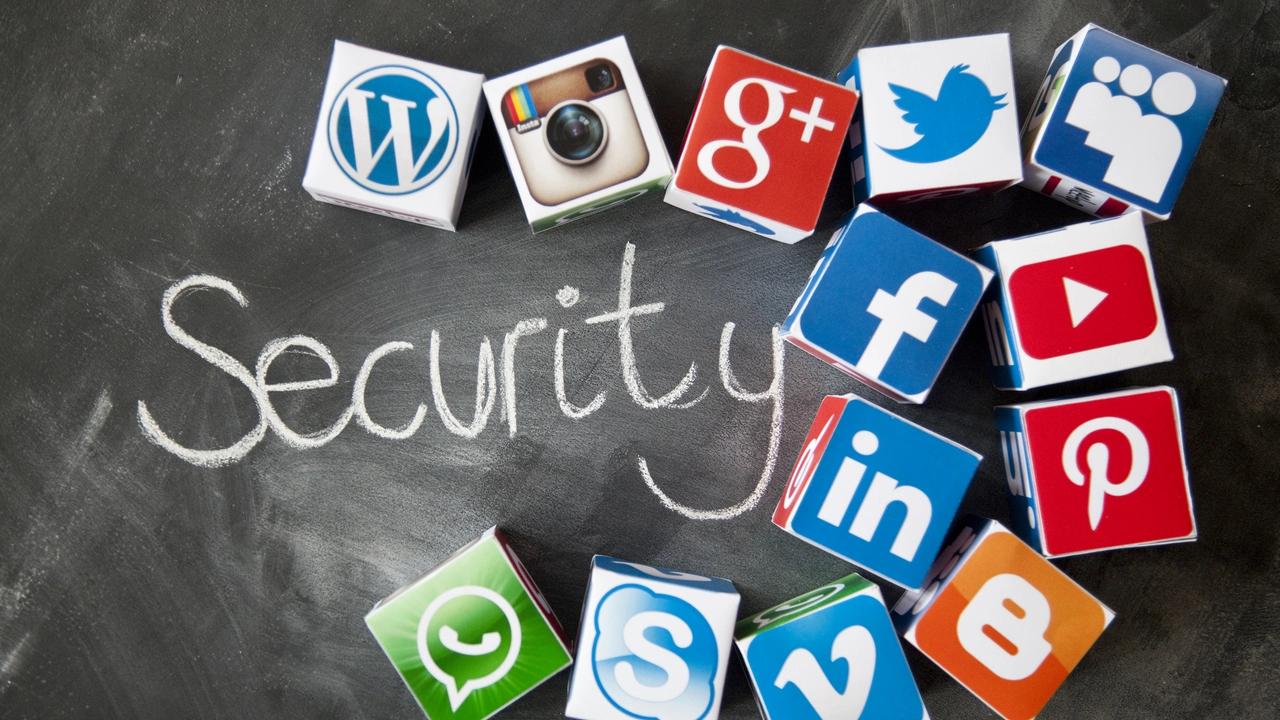
Why is it bad to post on social media?
The Allure of Instant Gratification
In a society that is increasingly digitized, the lure of instant gratification through social media can be overwhelming. With just one click, I can share my thoughts, feelings, and experiences with the entire world. This can be exciting and gratifying. However, it's important to remember that the instant gratification provided by social media can also be a trap. It tempts us to share more and more, often without considering the potential consequences.
The Risk of Oversharing
When I post on social media, I'm revealing a part of myself to the public. This could be a picture, a thought, an opinion, or an experience. The more I share, the more exposed I become. I may think that I'm sharing with friends, but in reality, my posts are accessible to a much wider audience. This risk of oversharing can lead to a loss of privacy and can make me vulnerable to unwanted attention or criticism.
The Dangers of Comparison
One of the most insidious aspects of social media is the way it encourages comparison. When I scroll through my feed, I see the highlight reels of other people’s lives. This can make me feel inadequate and unhappy with my own life. I start to compare my behind-the-scenes with everyone else's highlight reel. This can lead to feelings of inadequacy, envy, and even depression.
Wasting Time and Energy
It's easy to lose track of time when scrolling through social media feeds. Before I know it, hours have passed, and I haven't accomplished anything productive. Social media can be a massive drain on my time and energy. This time could be better spent on more meaningful activities, like spending time with loved ones, pursuing a hobby, or working towards a personal goal.
Online Harassment and Cyberbullying
Unfortunately, the anonymity offered by social media can bring out the worst in people. Harassment and cyberbullying are serious issues on these platforms. I may be targeted because of my opinions, my appearance, or simply because someone decides they don't like me. The emotional toll that this kind of abuse can take is significant, and it's one of the main reasons why posting on social media can be harmful.
Impacts on Mental Health
Regular use of social media has been linked to increased levels of anxiety, depression, loneliness, and self-esteem issues. The constant need for validation through likes, comments, and shares can lead to feelings of inadequacy and low self-esteem. It's easy to start tying my worth to the number of likes or comments I receive on a post, which is a dangerous and unhealthy mindset.
Distorting Reality
Social media often presents a distorted view of reality. People tend to share the best parts of their lives, leaving out the struggles and hardships. This can create a false perception of perfection that is impossible to achieve. It's important to remember that what I see on social media is not an accurate reflection of someone's entire life.
The Consequences of Negative Comments
Anytime I post something on social media, I open myself up to the comments and opinions of others. While constructive criticism can be beneficial, negative comments can be hurtful and damaging. Dealing with negativity can be stressful and emotionally draining. It can also lead to self-doubt and can negatively impact my confidence and self-esteem.
The Loss of Real-Life Connections
While social media can help me connect with people around the world, it can also lead to a loss of real-life connections. Spending too much time online can isolate me from the people around me. It's easy to forget the importance of face-to-face interactions and the deep, meaningful connections they can foster.

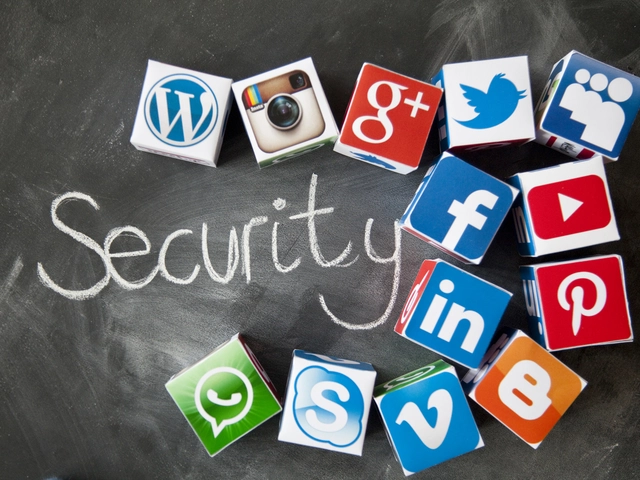
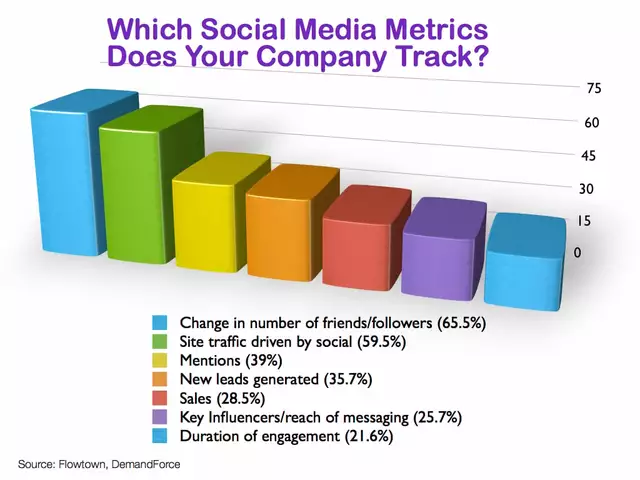
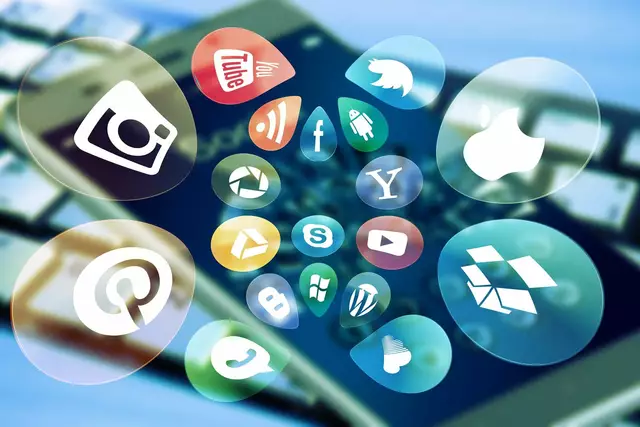
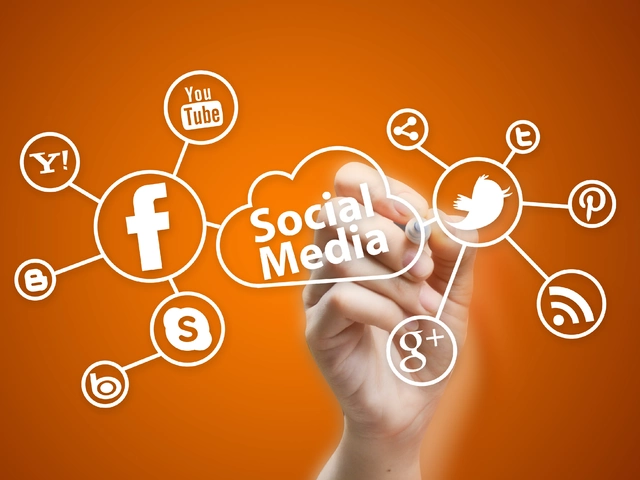
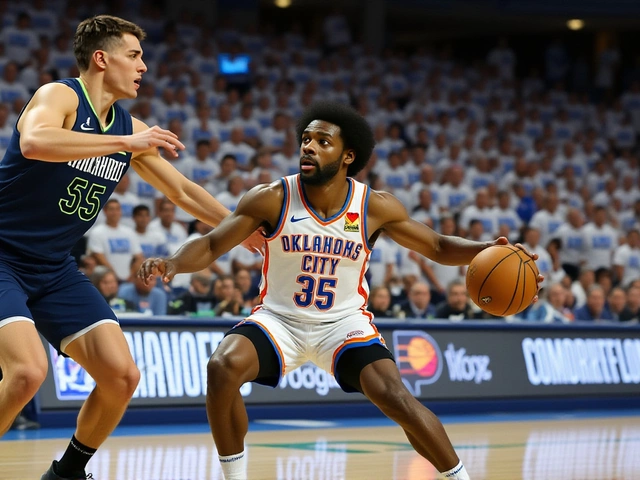
Write a comment